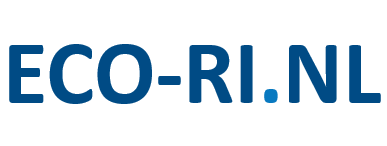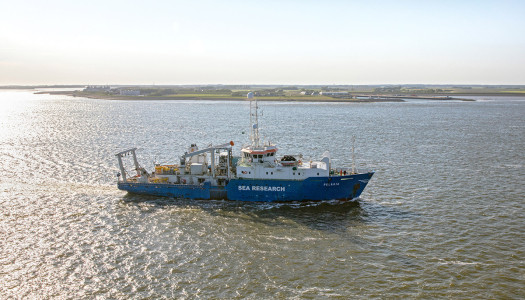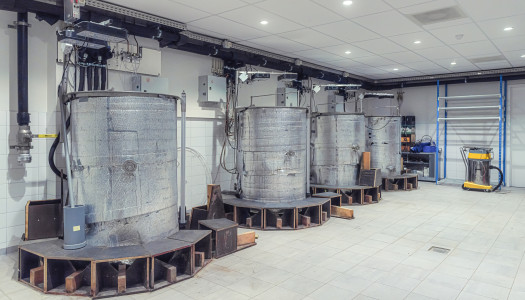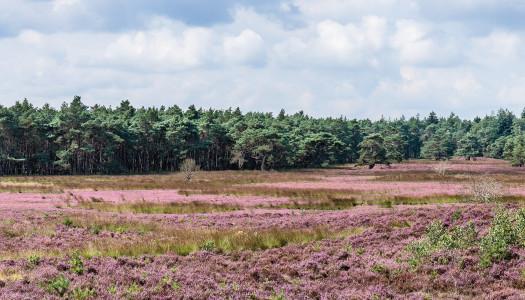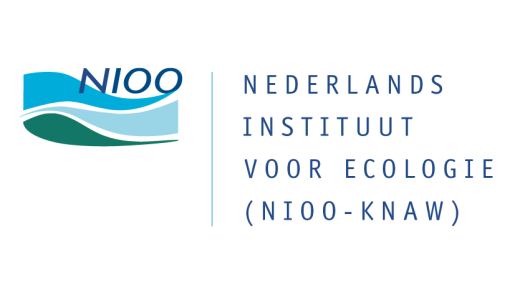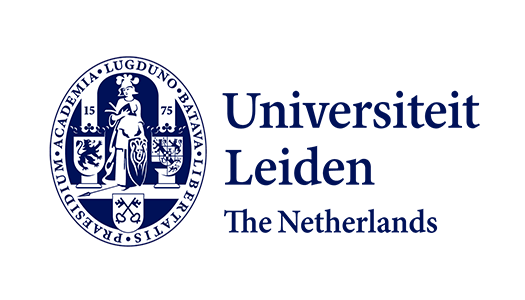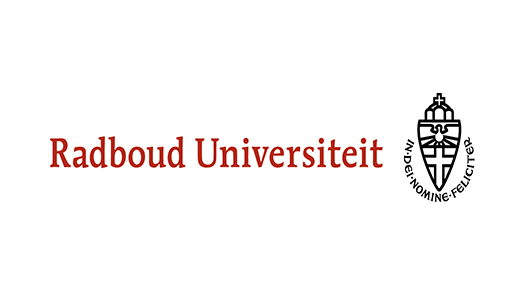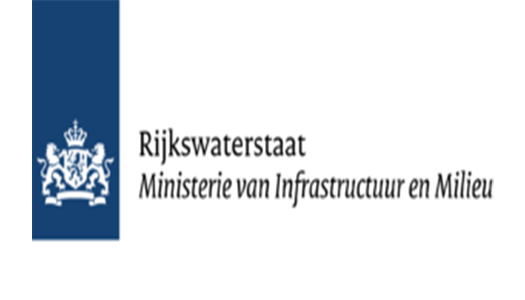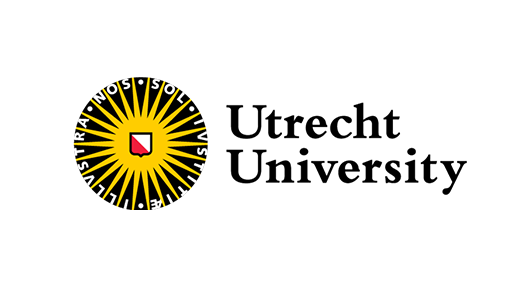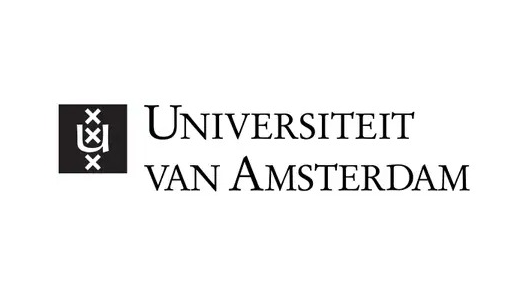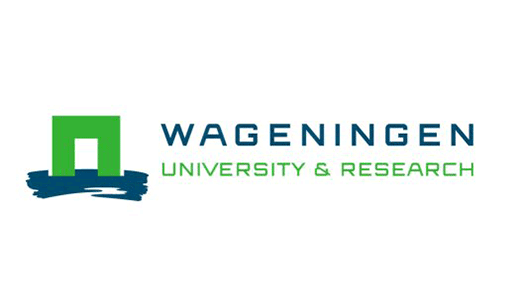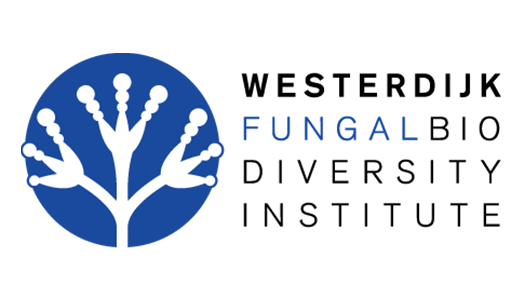Ecological research infrastructures in the Netherlands
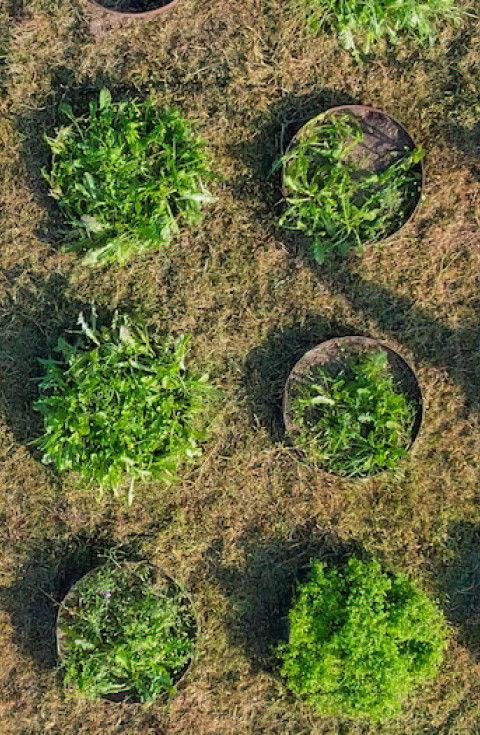
From experimental mini-ponds to research vessels, and from living labs to collections: in The Netherlands we have many ecological research facilities. This website provides a national overview of the large-scale ecological research infrastructures.
For ecological researchers in the Netherlands this overview offers opportunities to team up with other researchers and to link to existing ecological research facilities and initiatives. Currently, the inventory of large-scale ecological research facilities focuses on ecotrons, scientific (data) collections, long-term field studies and research infrastructures for fieldwork.
Map
List
Filter by
Infrastructure type
Landscape type
Institute
Active filters
Filter by
Infrastructure type
Landscape type
Institute
Active filters
-
ARISE
The ARISE project is building an infrastructure that will identify and monitor all multicellular species in the Netherlands.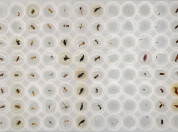
-
CBS-KNAW collections and databases
The CBS-KNAW culture collection from the Westerdijk Fungal Biodiversity Institute (WI-KNAW) is the largest in the world with more than 100.000 strains of fungi (including yeasts) and bacteria (including wild-type and mutant strains), hosts suitable for DNA research, genetically engineered plasmids, broad-host-range plasmids and phages.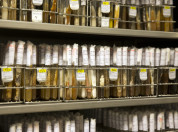
-
Hackfort
Hackfort is an oak coppice grove in the East-Southeast of the city of Zutphen in the province of Gelderland, the Netherlands. The forest is situated at the transition from western riverine deposits and eastern periglacial cover sands.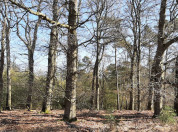
-
Living Lab B7
The aim of Living Lab B7 is best summarised as providing insights and KPI’s (critical performance indicators) to Greenport Duin- and Bollenstreek, Nationaal Park Hollandse Duinen and the Deltaplan Biodiversiteitsherstel to contribute to the practice of biodiversity recovery in rural areas on local, regional and national scales.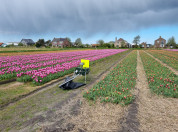
-
LTSER-platform Veluwe
The area defined as ‘the Veluwe’ lies in the province of Gelderland, the Netherlands, West of the river IJssel and North of the river Rhine. The region hosts the largest connected nature area of the country. The natural landscape consists of a mix of forests, heathlands, sand drifts, lakes, and moorlands and is surrounded by agriculture, settlements, or infrastructure. This means there is a lot of interaction between humans and nature.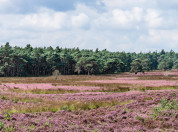
www.eco-ri.nl is initiated and maintained by the Netherlands Institute of Ecology (NIOO-KNAW), and supported by the Dutch universities and research institutes connected to NERN (Netherlands Ecological Research Network) and/or BiodiversityXL (Centre of Excellence for Netherlands Biodiversity Research).
The inventory of ecological research infrastructures is ongoing.
Highlighted ecological research infrastructures
-
National Research Fleet
The National Research Fleet consists of three research vessels: RV Pelagia, RV Navicula and RV Adriaen Coenen.
-
Limnotrons
The limnotrons are nine stainless steel indoor mesocosms with a high level of control.
-
LTSER-platform Veluwe
The Veluwe is the largest connected nature area of the Netherlands, with a great array of ecological and socio-economic research.
Contact
If you have any additions to the inventory, please contact the NIOO Research Support Office via rso@nioo.knaw.nl.
